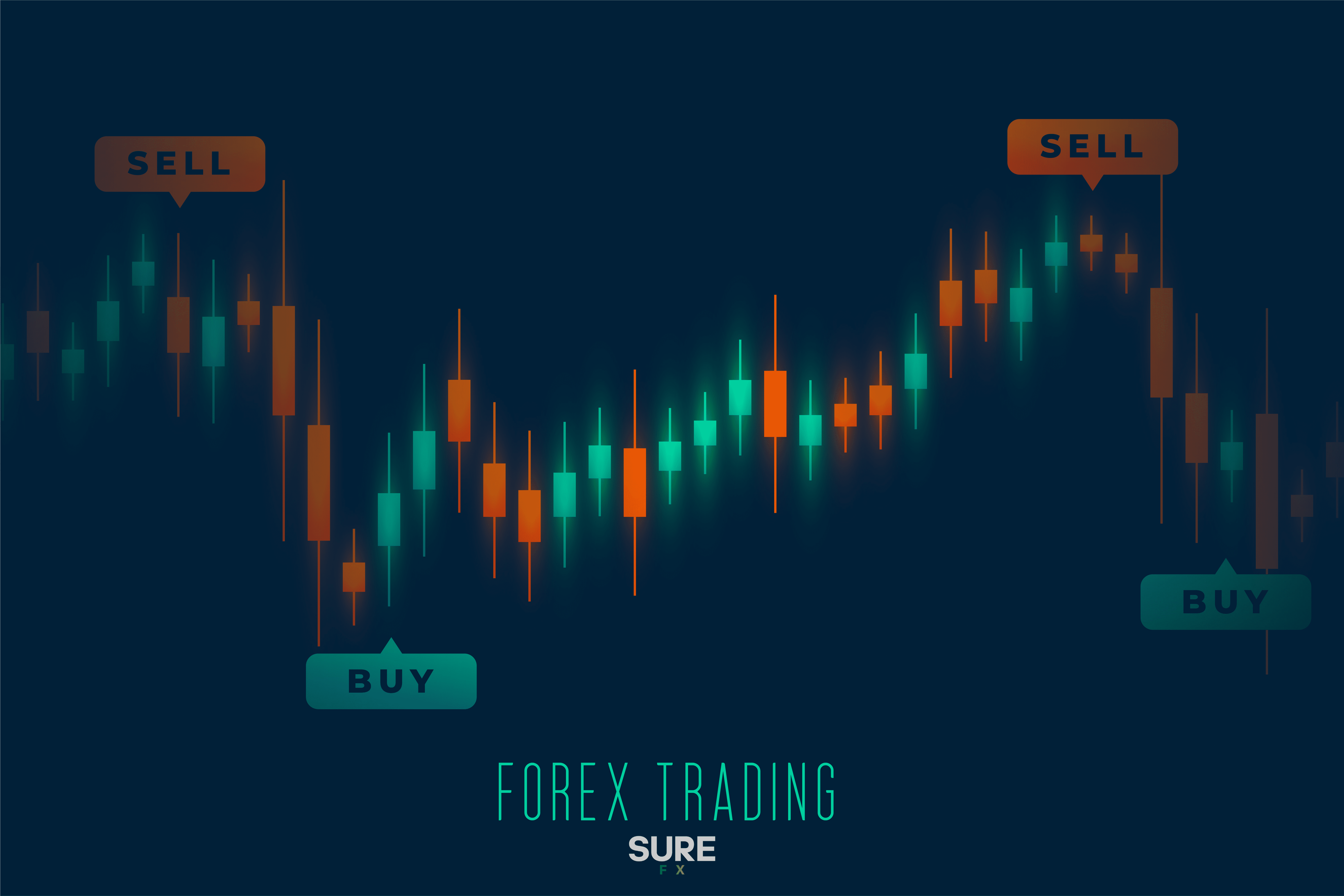P
redicting movements in the Forex market can be challenging, but your chances of success improve significantly when you understand how the market operates and the factors that influence the prices of financial instruments. By gaining insight into these details, you can approach Forex trading with a strategic mindset, rather than relying on random guesses and hoping for good luck.
When it comes to Forex trading, it’s crucial to recognize that, like all financial markets, the Forex market is heavily influenced by supply and demand dynamics. When supply decreases while demand increases, prices typically rise. Conversely, when supply increases and demand decreases, prices generally fall.
The factors that affect supply and demand—and therefore exchange rate movements—vary based on the economic pillars of each country. For instance, countries like Australia and Canada are heavily dependent on exports of natural resources, which impacts the value of their currencies (AUD and CAD). On the other hand, currencies like the British pound (GBP) are more sensitive to political events and interest rate changes.
Despite these country-specific differences, Forex trading tips for beginners highlight several common factors that influence supply and demand in the currency markets.
Key Factors Influencing Currency Exchange Rates
- International Trade
Trade between countries directly impacts the value of their currencies. When a country exports goods, buyers often pay in the exporter’s local currency. If a country’s exports exceed its imports, demand for its currency increases, which generally strengthens its value.
The level of imports and exports depends on the country’s economic needs and production capacity. For example, the long-standing trade relationship between the US and Brazil is an example of how shifting trade dynamics can influence exchange rates. If the US switches from buying Brazilian coffee to Colombian coffee, demand for the Brazilian real (BRL) may decrease, weakening its exchange rate, while the Colombian peso (COP) may strengthen.
Some countries, like Australia and New Zealand, are more directly influenced by export prices, given their reliance on exports. In contrast, the trade balances of larger economies have less impact on currency values today than they did in the past, when capital flow restrictions were more common.

-
- Inflation
Inflation refers to the rise in the prices of goods and services over time, eroding the purchasing power of a currency. For instance, if inflation in the UK increases by 10% in one year, the value of the British pound (GBP) would have decreased by 10%. If inflation in the US is only 2%, the GBP/USD exchange rate would likely depreciate by 8% to reflect the inflation gap between the two countries.
To track inflation changes, traders often follow the Consumer Price Index (CPI) reports. These reports, which are released monthly in most countries (except in Australia and New Zealand, where they are quarterly), are key Forex news events that traders use to anticipate inflation trends and their impact on currency values.
- Interest Rates
Interest rates have a significant influence on the Forex market. When a country raises its interest rates, it becomes more attractive to foreign investors seeking higher returns on investments. This increases demand for the country’s currency, driving its value higher. Conversely, lower interest rates make a country less appealing to foreign investors.
Interest rates and inflation are closely correlated—rising inflation often leads to higher interest rates, as central banks seek to curb inflation and prevent currency depreciation. For example, in 2022, when the US Federal Reserve raised interest rates sharply, the US dollar strengthened significantly, while many other currencies weakened against it.
Experienced traders often look for interest rate changes as trading opportunities. Keeping an eye on forex news related to central bank decisions is one of the most effective Forex trading tips for beginners.
- Economic Indicators and Political Stability
Key economic indicators, such as Gross Domestic Product (GDP), government debt, the unemployment rate, and the balance of payments, influence a country’s currency value. A strong economy typically leads to higher demand for its currency, strengthening the exchange rate. Traders often use economic calendars to monitor the release of important data that could signal changes in currency values.
For beginners, focusing on important indicators like GDP can be a useful strategy. GDP growth typically indicates a strong economy and higher demand for the currency. Political stability is equally important countries with unstable political environments tend to experience weaker currencies, as investors are reluctant to invest in uncertain conditions.
Economic reports and political updates are widely covered in Forex news, making them an excellent starting point for new traders who are learning to navigate the Forex market.
- Market Sentiment
Market sentiment refers to the overall attitude of traders toward a particular currency or economic event. Traders often buy or sell a currency in anticipation of future value changes, which can drive price movements before those changes occur. This sentiment is influenced by human behaviour, expectations, and perceptions of future events, making it one of the more difficult factors to predict.
While market sentiment can be challenging to gauge, understanding how traders’ perceptions influence currency movements can be a useful tool in Forex trading. For beginners, staying informed about forex news and global events can help build a sense of market sentiment.
Conclusion
While predicting the movements of the Forex market can be tricky, understanding the key factors that drive supply and demand—such as international trade, inflation, interest rates, economic indicators, political stability, and market sentiment—can greatly improve your chances of success in Forex trading. For Forex trading tips for beginners, focusing on these fundamental factors will provide a strong foundation for making informed decisions in the Forex market. By following these tips and staying up to date with forex news, you can enhance your ability to make more strategic and calculated trades.







